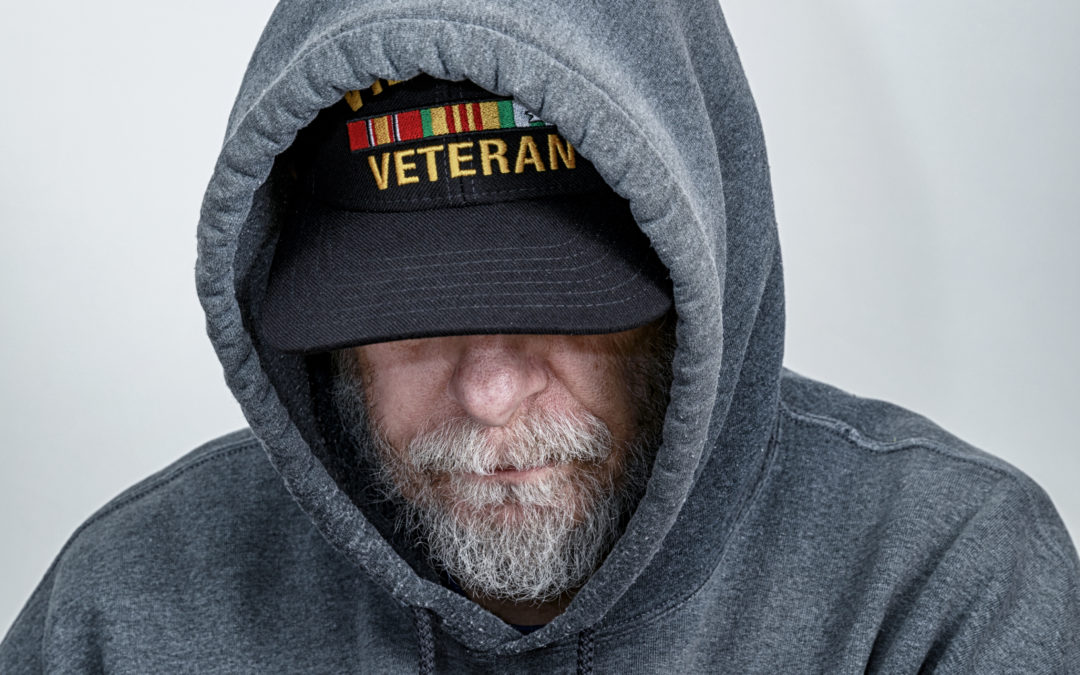Iowan Brandon Lay was a hero—not just as a Marine serving two tours in Afghanistan—but also as someone who dedicated his time and energy to helping fellow veterans suffering from post-traumatic stress disorder (PTSD) after he returned home.
Because of Brandon’s efforts, countless veterans who faced mental health challenges are in a better place today. Sadly, like far too many of our nation’s heroes, Brandon continued to struggle himself, and recently, tragically took his own life.
Last weekend, I had the honor of attending and speaking at Brandon’s memorial to celebrate his life of service. He was a veteran and a patriot. And, to all who knew him, Brandon was an inspiration, a friend, and a source of comfort and strength. It was an incredibly moving ceremony, and it was a stark reminder of the countless veterans who face similar “invisible wounds” after they return home from the battlefield.
As a former company commander in Iraq and Kuwait, I understand some of these challenges our veterans face. And now, as a United States Senator, one of my most important duties is ensuring that our servicemembers and veterans—who sacrifice to defend and uphold our freedoms and our way of life—get the support they have earned.
In the Senate, I’m focused on keeping that commitment to our heroes. Just recently, a bipartisan bill I proudly supported was signed into law to allow loved ones and friends of veterans to access information about resources available to veterans who may be experiencing unseen challenges such as mental health battles. This is just one small piece of a larger effort to get our veterans critical help when they need it most.
In addition to this new law, last month, I helped introduce the Daniel J. Harvey, Jr. and Adam Lambert Improving Servicemember Transition to Reduce Veteran Suicide Act – a bill named after another Iowan, Cpl. Adam Lambert, who sadly died by suicide. The bill would establish a pilot program to counsel our servicemembers about the challenges they might face during their transition back to civilian life and how that might affect their mental health. It would also provide our war heroes with information about the services available to them at their local Department of Veterans Affairs (VA) facility.
On Tuesday, I was honored to host a conversation with Cpl. Lambert’s parents, Jill and Dean Lambert, about the importance of this bill and additional measures we can all take to support our heroes in need. Adam’s family, like so many others who have faced similar situations, have honored their son’s life and legacy by jumping into action and helping in the fight to end veteran suicide. McKenzie Lambert, Adam’s sister, said this of the new bill named in honor of her brother: “As my family and many others have learned in the most finite way, our military loved ones are trained to avoid burdening society for their individual selves. We must step up and take this burden from them, supplying mental healthcare upfront so they don’t even have to think of asking.” I couldn’t agree more.
Just like the care and treatment that many of our soldiers rely on when they have physical wounds, we must also address the “invisible wounds” that can have a profound impact on their wellbeing. In the Senate, I’ll continue working with Democrats and Republicans to get our men and women in uniform the resources and support they need during and long after their military service.
Joni Ernst, a native of Red Oak and a combat veteran, represents Iowa in the United States Senate.



